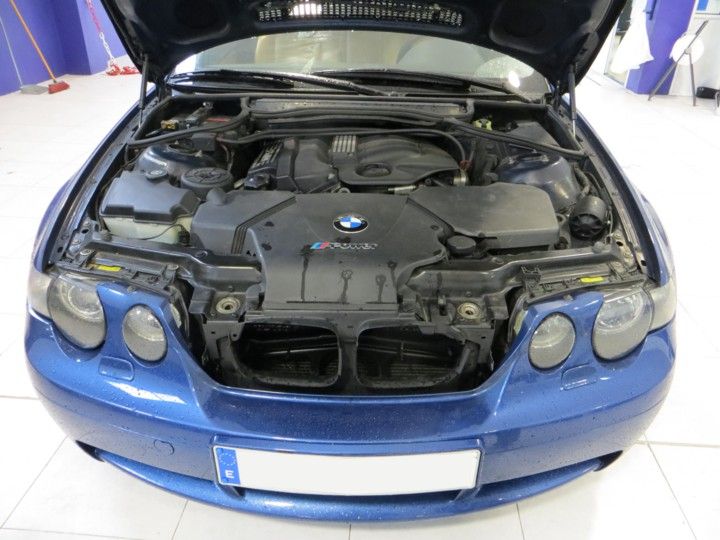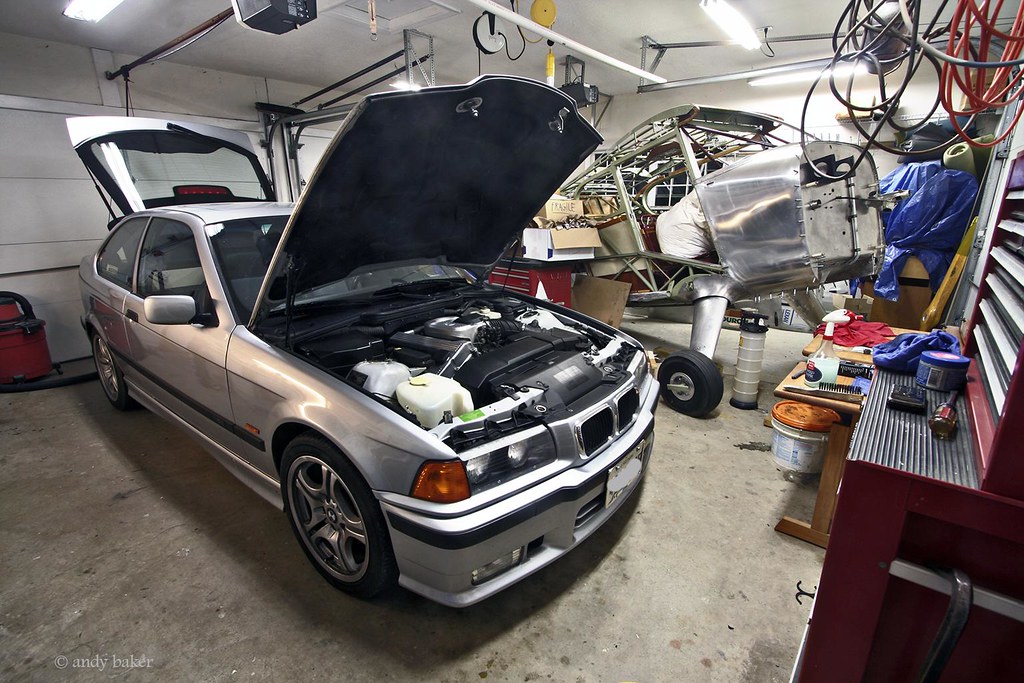Why the BMW 318ti Is a Top Selection for Vehicle Enthusiasts
Why the BMW 318ti Is a Top Selection for Vehicle Enthusiasts
Blog Article
Trick Functions to Seek When Purchasing an Engine for Automotive Applications
When thinking about the purchase of an engine for vehicle applications, numerous crucial features require careful analysis to make certain ideal efficiency and capability. From power and efficiency capacities to sustain effectiveness, sturdiness, and adherence to discharges criteria, each aspect plays an important function in figuring out the engine's viability for particular automobile demands.
Power and Performance
When choosing an auto engine, purchasers focus on power and performance to make certain ideal driving experience and efficiency. The power result of an engine, frequently determined in horsepower (HP) or kilowatts (kW), determines the velocity, full throttle, and general capacities of an automobile. Higher power ratings usually cause quicker acceleration and far better performance, particularly during surpassing or bring heavy loads. Performance, on the other hand, encompasses a wider range of attributes, including fuel performance, exhausts, reliability, and general driving dynamics. A well-performing engine not only provides power efficiently but also runs efficiently across different rate ranges and driving problems.
Purchasers typically take into consideration the engine's torque output alongside its power ranking. Torque, measured in pound-feet (lb-ft) or Newton-meters (Nm), mirrors the engine's rotational force, affecting the vehicle's capability to tow, climb inclines, and speed up from grinding halt. A balance between power and torque is essential for achieving a receptive and functional driving experience. Additionally, elements such as engine variation, turbocharging, and hybrid innovations play considerable functions in improving both power and performance levels. Eventually, picking an engine that uses a potent combination of power and efficiency makes certain a gratifying and reliable driving experience. bmw 318ti.
Fuel Performance
When assessing vehicle engine options,Enhancing gas effectiveness is an extremely important consideration for consumers. The efficiency of an engine straight affects operating expenses and environmental impact. One key aspect influencing gas effectiveness is the engine's layout and technology. Modern engines with attributes like straight gas injection, turbocharging, and variable shutoff timing can dramatically improve fuel effectiveness by enhancing combustion processes and minimizing energy loss. In addition, the total weight of the engine and car, in addition to the aerodynamics, play critical functions in determining fuel consumption.

Longevity and Dependability
Achieving lasting efficiency and dependable operation is essential for customers examining the longevity and reliability of automotive engines. When taking into consideration an engine for vehicle applications, resilience refers to the engine's capability to withstand wear, tension, and severe operating problems over a prolonged duration. Dependability, on the various other hand, indicates that the engine can regularly do its desired function without unforeseen break downs or failures.
Consumers need to look for engines built with high-grade materials and precise design to ensure longevity. Elements such as pistons, bearings, and crankshafts need additional hints to be resilient to manage the engine's power output without premature wear. In addition, engines outfitted with sophisticated air conditioning systems, reliable lubrication, and durable purification mechanisms tend to exhibit greater levels of dependability.
Regular maintenance and adherence to producer recommendations are likewise essential elements in protecting an engine's toughness and reliability. By adhering to maintenance schedules, using suggested liquids, and addressing any kind of concerns without delay, customers can make the most of the lifespan and efficiency of their automotive engines. Ultimately, focusing on durability and reliability in engine selection can bring about a much more gratifying possession experience with less unexpected disruptions.
Exhausts Conformity
Making sure compliance with discharges regulations is a vital facet of assessing vehicle engines for eco mindful consumers. With enhancing worries regarding air top quality and environmental effect, rigorous exhausts requirements have actually been established globally to reduce harmful contaminants launched right into the environment. When buying an engine for vehicle applications, it is essential to consider its exhausts conformity to decrease the carbon impact and follow address legal demands.
Modern engines are equipped with advanced discharge control technologies such as catalytic converters, exhaust gas recirculation (EGR) systems, and careful catalytic decrease (SCR) to decrease unsafe exhaust gases like nitrogen oxides (NOx), carbon monoxide (CARBON MONOXIDE), and hydrocarbons (HC) These systems play a vital duty in guaranteeing that the engine fulfills the defined exhausts criteria and runs within permitted restrictions.

Cost-effectiveness
When considering automobile engine acquisitions, assessing cost-effectiveness is extremely important for customers looking for both efficiency and worth. Cost-effectiveness in engine procurement entails greater than simply the first acquisition price. It encompasses the overall expenses associated with upkeep, fuel consumption, and prospective repairs over the engine's life expectancy. Opting for an engine that offers an equilibrium between lasting cost savings and upfront expenses can result in significant benefits for the consumer.
Engines that are designed to make best use of fuel economy can lead to substantial savings over use this link time, particularly for individuals that drive regularly or over long ranges. bmw 318ti. Additionally, taking into consideration the accessibility and affordability of extra parts and servicing can add to the overall cost-effectiveness of an engine.

Verdict
In conclusion, when purchasing an engine for auto applications, it is essential to consider crucial attributes such as power and performance, gas sturdiness, dependability and efficiency, discharges compliance, and cost-effectiveness. These variables are crucial in guaranteeing that the engine satisfies the requirements of the lorry and operates properly in different driving problems - bmw 318ti. Making an educated choice based on these criteria will eventually cause a efficient and successful automotive engine purchase
From power and performance abilities to fuel efficiency, toughness, and adherence to exhausts requirements, each element plays a crucial function in figuring out the engine's viability for details automobile requirements. Engines made to run on alternate fuels such as electrical power, hybrid systems, or biofuels can use improved fuel economic climate and lower emissions compared to traditional fuel or diesel engines. Customers should very carefully take into consideration the fuel performance ratings and innovations incorporated into automotive engines to make enlightened getting decisions that straighten with their concerns for cost financial savings and sustainability.
When taking into consideration an engine for vehicle applications, longevity refers to the engine's capacity to hold up against wear, stress, and extreme operating problems over an extended duration.In verdict, when acquiring an engine for automotive applications, it is vital to consider vital features such as power and performance, gas integrity, efficiency and longevity, exhausts conformity, and cost-effectiveness.
Report this page